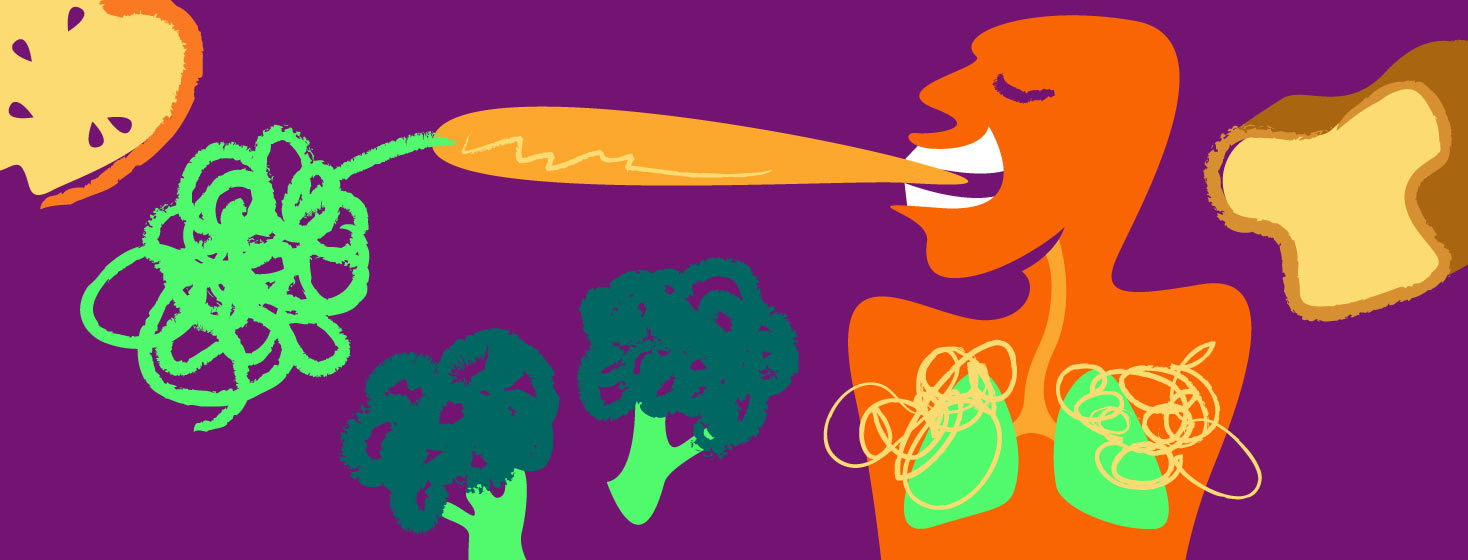Histamines in Our Health Foods
For most of my life, I was taking a cocktail of antihistamines and allergy medications to control my asthma. My allergies were all over the place but constantly flared with my asthma accompanying.
What is a histamine? How do they influence my asthma? What can I do to control my histamines? Little did I know, the answer was in my diet.
What is a histamine?
According to the University of Google, a histamine is a compound, released by cells, in response to injury and in allergic and inflammatory reactions. A fairly vague definition but it makes sense why the inflammatory response would trigger asthma. Upon further research, one can realize that histamines are in all foods that we consume and it is better to define foods into two groups: low-histamine and high-histamine.
What is an antihistamine?
An antihistamine is a drug that targets and inhibits the physiological response our body has to histamines. These drugs are common, frequently used to control allergies, but come in different forms.
A 'diphenhydramine', like Benadryl, is highly effective but anyone who has taken one knows that you won't function well after, due to its sleepy side effects. Not all antihistamines will put you to sleep though. Other common antihistamines are: 'chlorpheniramine' and 'loratadine'. Each target the same goal, to control the inflammatory response to histamines, through different physiological pathways, so each has a slightly different effect.
Histamines and diet!
When I made a transition to a plant based diet, I was over-concerned about my nutrient intake. As I obsessively researched the foods to consume, making sure I wouldn't perish of malnutrition, histamines popped up. A familiar term, as I took medications to counter them all my life.
I discovered that part of my severe allergies didn't come from just one trigger, a cat, or dog, or maybe a horse, or pollen. Rather, my allergies were compounding in my body. Creating more and more inflammation, flaring my asthma and bogging me down as I took antihistamines without knowing what histamines I was 'anti-ing'.
The serendipitous result of my search was that I was consuming many inflammatory foods and drinks. Most of which fell into the 'high-histamine' category. There are many articles, more in-depth, on the internet. Here is a quick list, outlining what foods are 'high-' or 'low-' in histamine content.
High-histamine foods:
- Soy foods and processed foods
- Tomatoes
- Eggplant
- Strawberries
- Cashews and Walnuts
- Chocolate
- Some citrus
- Spinach
- Hot peppers
- Avocado
- Dairy (especially processed)
- Meat (especially processed)
- Canned foods
- Pickled foods
- Vinegar
- Alcohol
Low-histamine foods:
- Broccoli
- Cauliflower
- Carrots
- Onion
- Garlic
- Beans
- Lentils
- Rice
- Watermelon
- Honeydew
- Pomegranate
- Apple
- Mango
- Chia seed
- Quinoa
- Oats
- Bread made from unbleached flour
Modifying my diet
When I changed my diet, an unexpected side effect was my allergies and asthma improving. A possible explanation for this is my new diet contains less high-histamine foods. Antihistamines are common for those of us with allergies and asthma, however, knowledge about what histamines are and where they are found is much less common.
I recommend that if your asthma is influenced by allergies or if you take antihistamines regularly like I was, you look at how your diet might be exacerbating your allergies. It might be worth talking to your doctor more about the histamine exposure you have through your diet.
I still have allergic reactions and asthma flares because of those reactions, however, I no longer suffer daily from allergies and drowsiness because of regular antihistamine use. I hope that this article can help bring some relief from those who suffer from constant allergies like I was.

Join the conversation